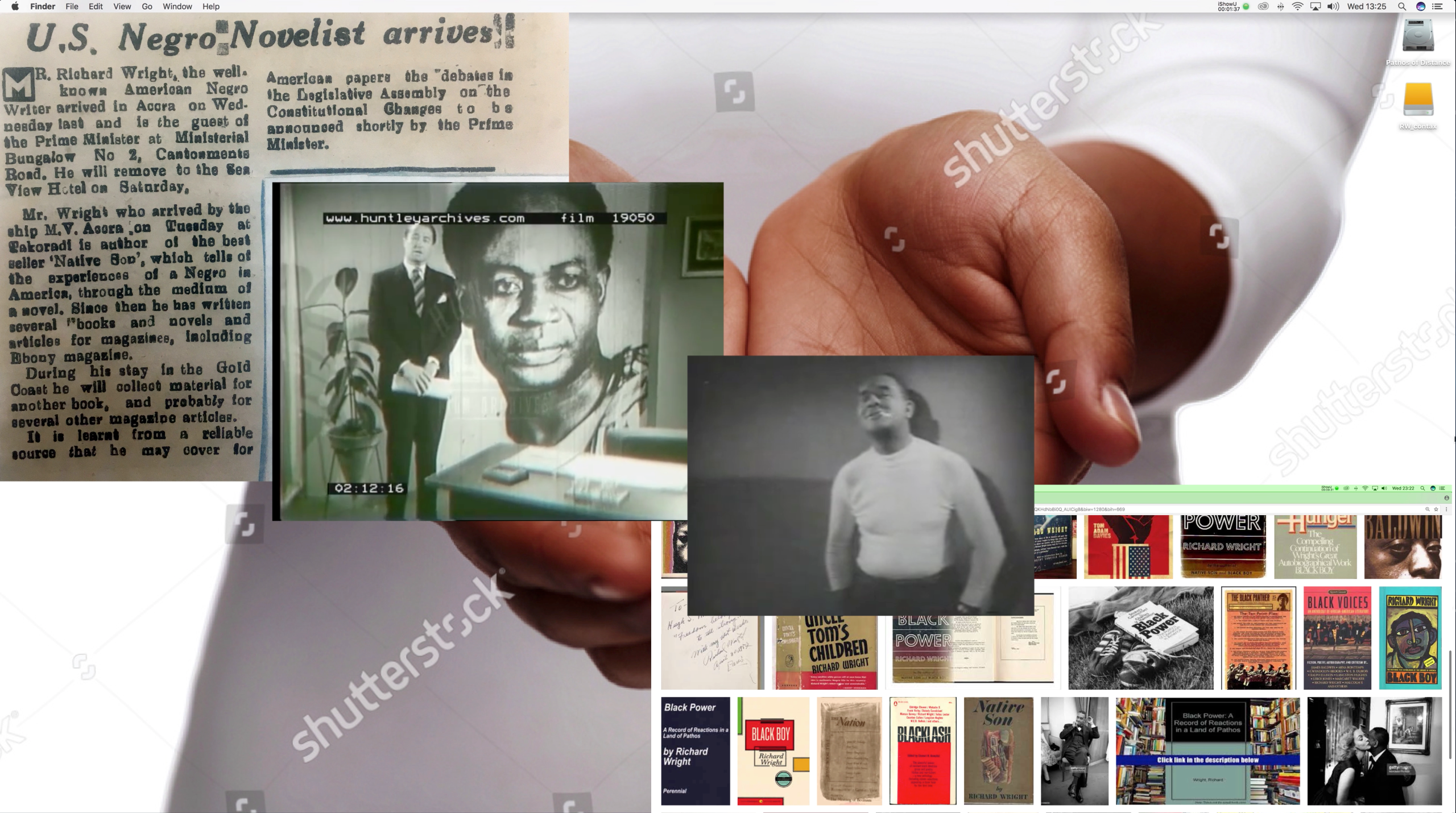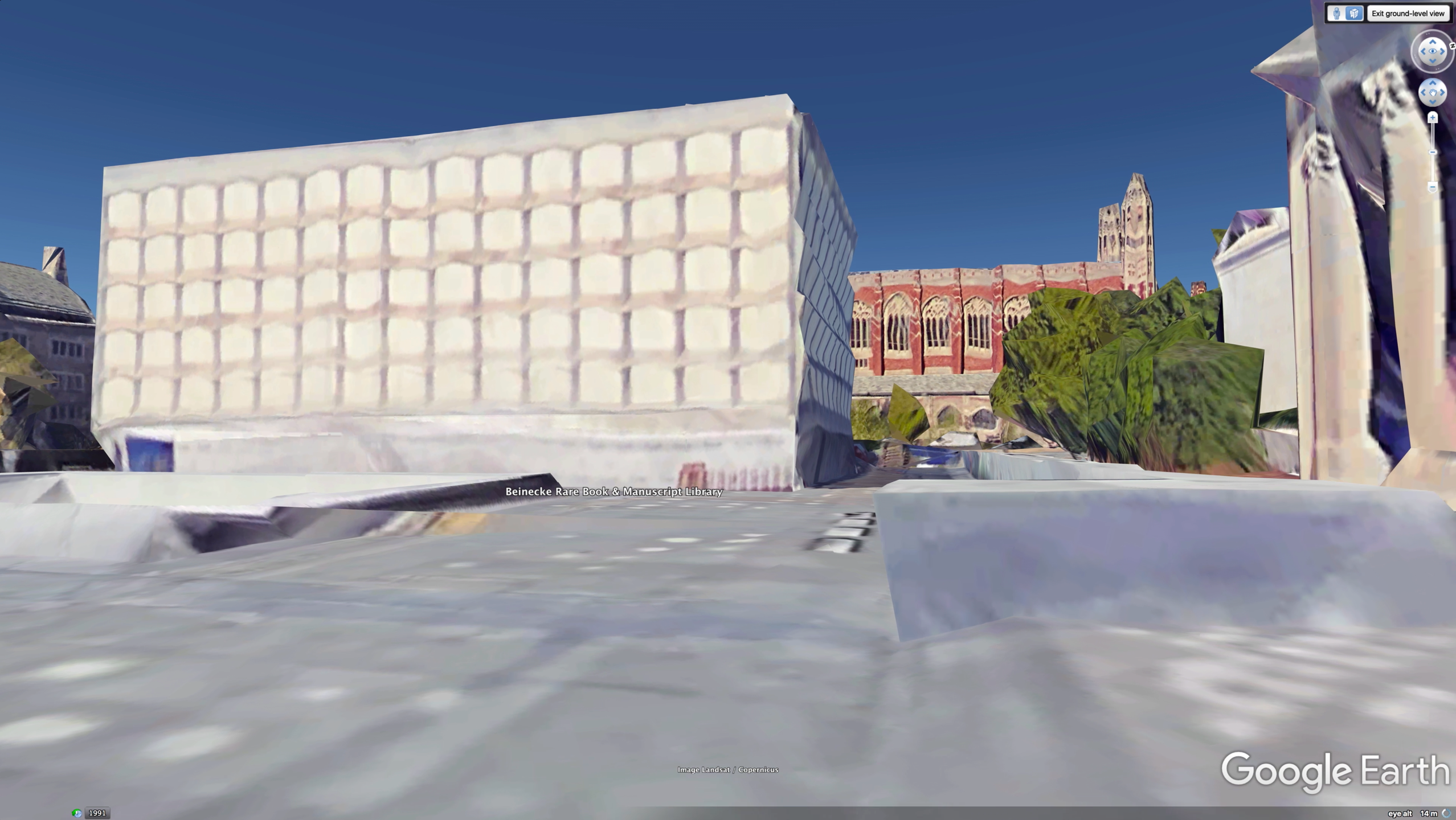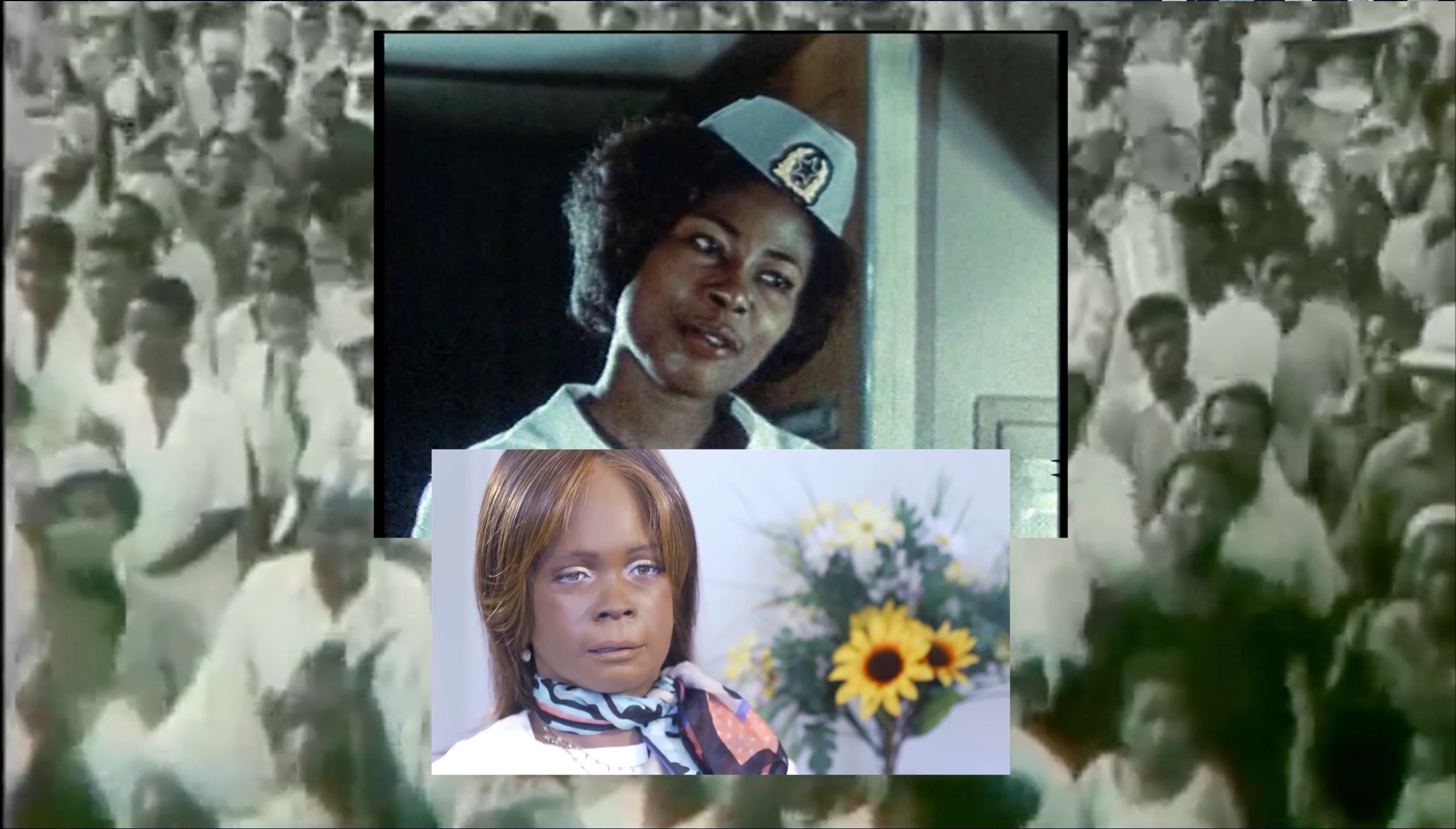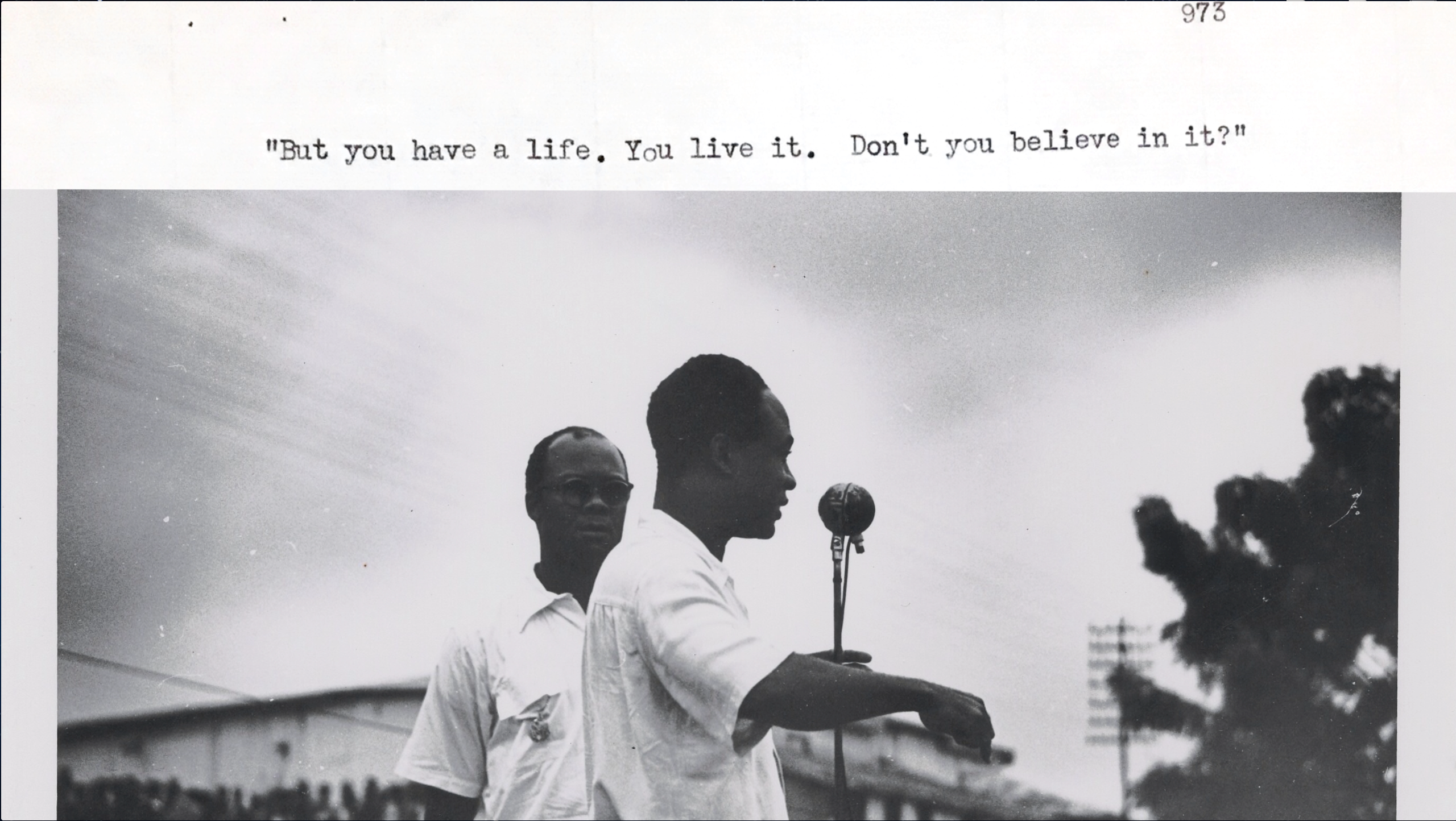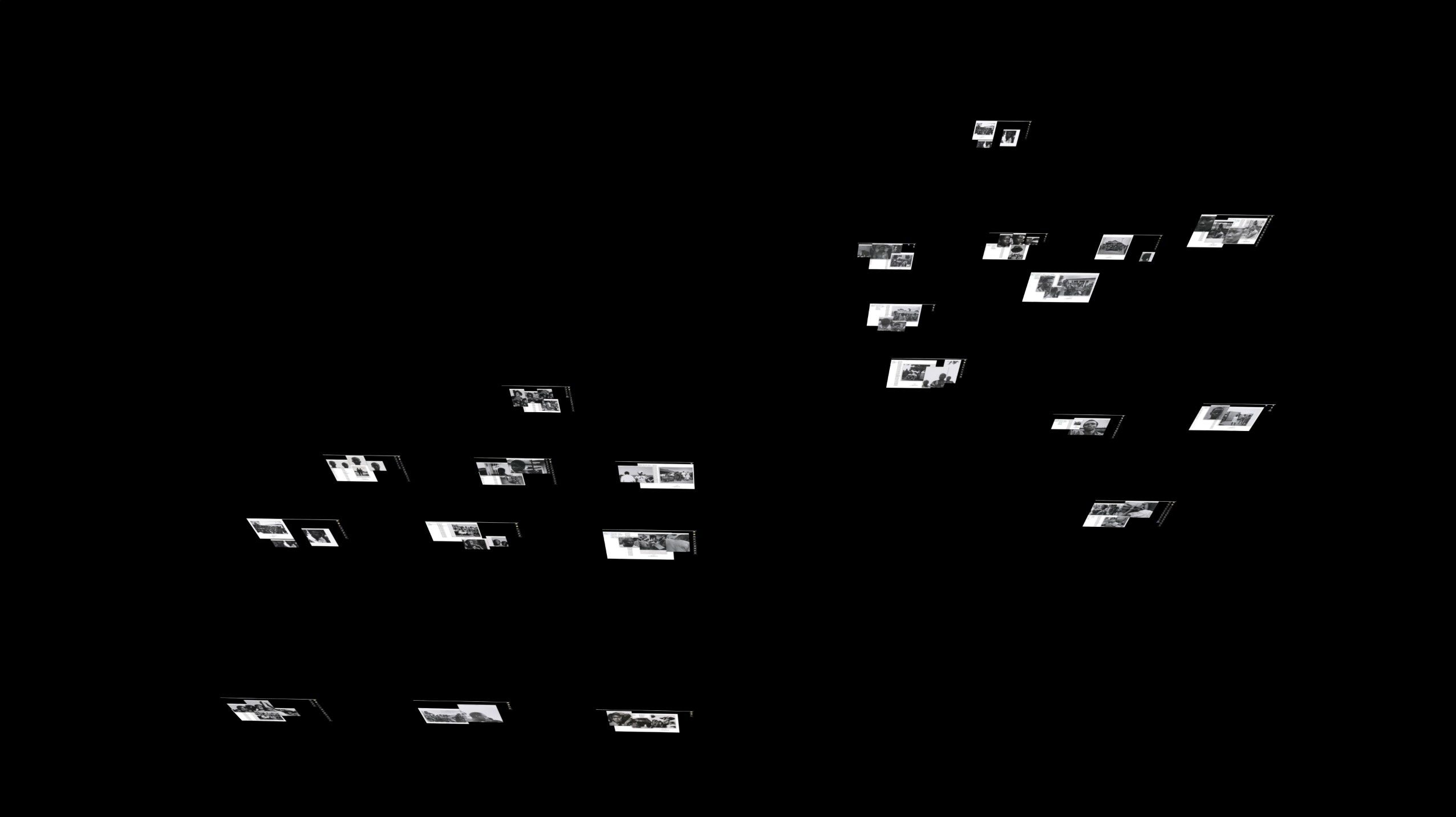On 16 June 1953, Richard Wright, the renowned African-American novelist, essayist, dramatist and critic arrived at the busy port of Takoradi in the Western region of Gold Coast on the ship Accra. For ten weeks, Wright travelled throughout the Gold Coast, where he witnessed Kwame Nkrumah’s Convention People’s Party, West Africa’s first mass socialist party, as it campaigned for independence from British rule. In September 1954, Wright published Black Power: A Record of Reactions in a Land of Pathos, a text whose conceptual restlessness registered his existential alienation from the Gold Coast and challenged readers expecting a meditation on racial belonging.Despite the critical attention devoted to Black Power: A Record of Reactions in a Land of Pathos, few of its readers, then or now, realized that Wright shot over 1,500 photographs with his two professional cameras on his journey throughout the Gold Coast. Wright intended Black Power: A Record of Reactions in a Land of Pathos to be an ambitious photo-text in which images shared equal space with text; however, his British publishers Dennis Dobson only printed thirty four of his captioned images. The negatives, contact sheets and paper prints of Wright’s unpublished photographic archive are housed in the Special Collections at the Beinecke Library at Yale University; to date, approximately five hundred have been digitised.The Otolith Group returns to this archive to compose new links between its unseen images, its digital formats, its historical texts and subsequent critical texts. The Nucleus of the Great Union reimagines the digital afterlives of Wright’s images by plotting the trajectories of their movement through the networks of black internationalism in the age of platform capitalism. The Nucleus of the Great Union treats Wright’s photographs as actors and extras from a world in which images are, at one and the same time, evidence and exploration, encounter and expressionism.
32.35 mins Colour, Sound: Stereo
Commissioned by Anselm Franke for Parapolitics: Cultural Freedom and the Cold War Commissioned by Haus Der Kulturen De Welt.

